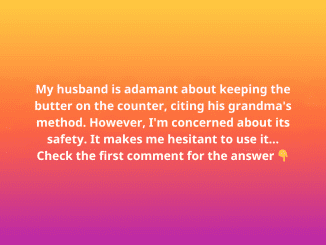In a world where justice sometimes feels elusive, there are moments when ordinary individuals take extraordinary measures. This is the story of Marianne Bachmeier, a grieving mother who took the law into her own hands to avenge the brutal murder of her seven-year-old daughter. Her actions sparked a nationwide debate, raising questions about morality, justice, and the lengths to which a parent will go to protect their child.
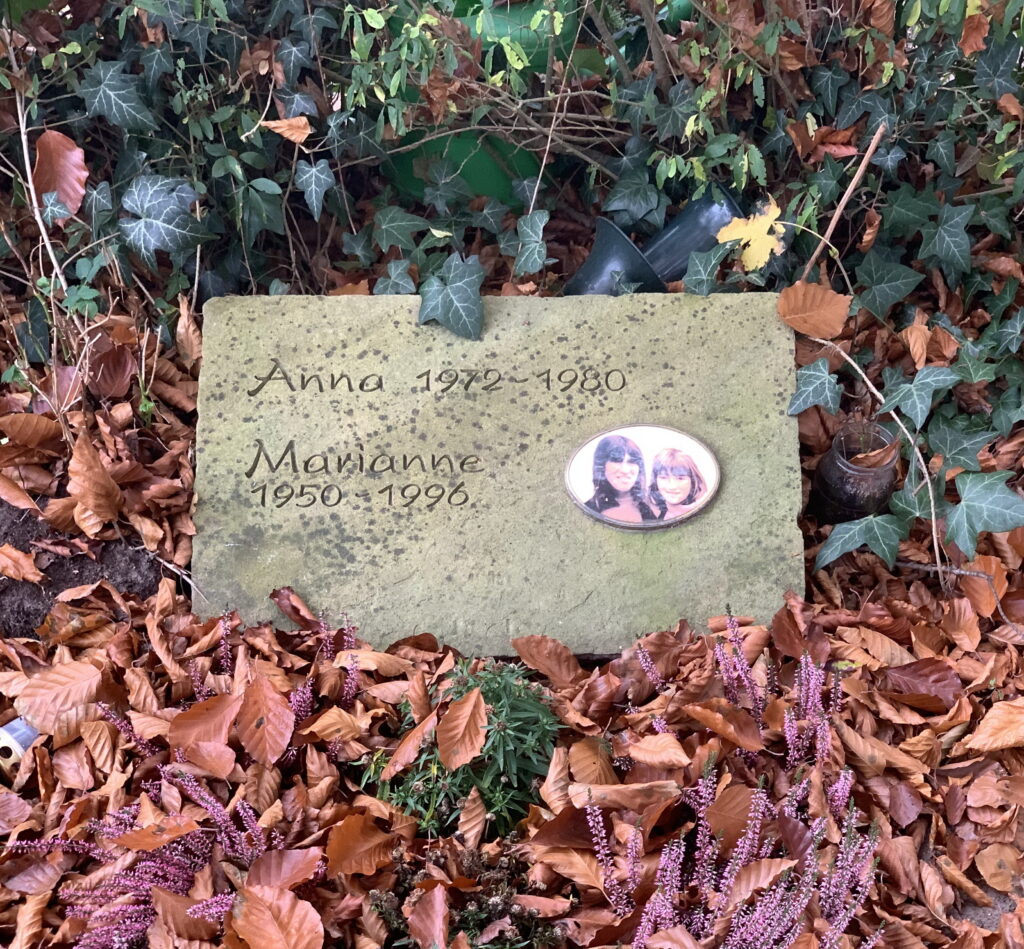
Source: Wikimedia Commons
The story begins on May 5, 1980, when the lifeless body of seven-year-old Anna Bachmeier was discovered. The discovery shocked the small German community, plunging it into mourning. Anna’s death was not just a tragic loss; it was the beginning of a chain of events that would lead to one of the most controversial acts of vigilantism in modern history.
Klaus Grabowski, a man with a dark past, was quickly identified as the prime suspect in Anna’s murder. A convicted child molester, Grabowski had a history of preying on young children. His fiancée tipped off the police, leading to his arrest. Under the weight of evidence and his own conscience, Grabowski confessed to the heinous crime. However, he denied allegations of sexual assault, a claim that left many skeptical given his criminal background.
As the trial of Klaus Grabowski commenced, the nation watched with bated breath. The courtroom was supposed to be a place of justice, where the truth would be unveiled, and the guilty punished. But for Marianne Bachmeier, the trial was a painful reminder of her daughter’s tragic fate. It was a place where the man who had taken her child’s life sat comfortably, awaiting a verdict that would never feel sufficient.
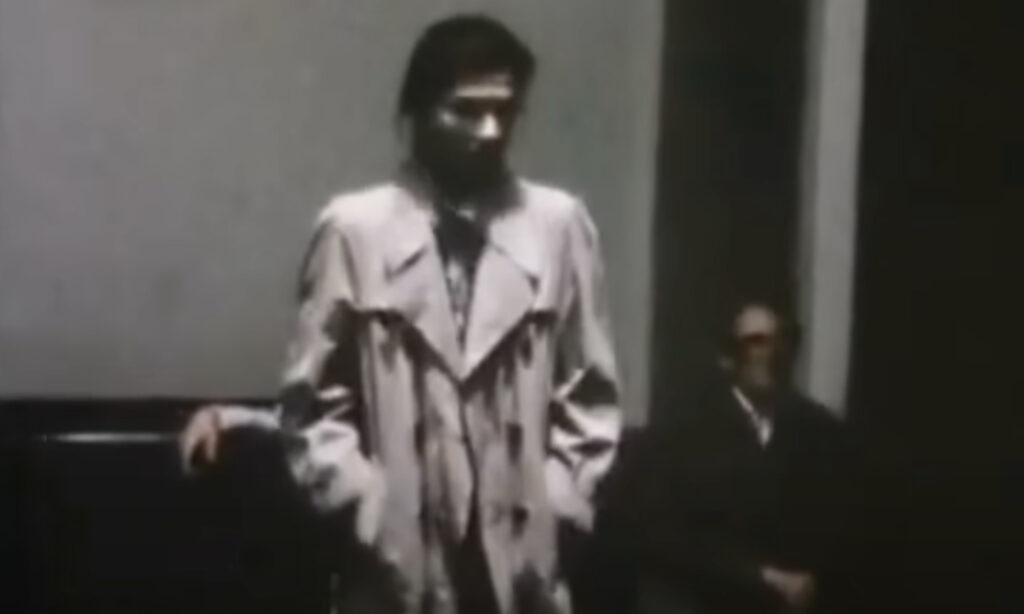
Source: Youtube
On March 4, 1981, Marianne Bachmeier walked into the courtroom, armed not just with grief but with a .22-caliber Beretta pistol. In a moment that would be etched into history, she fired eight shots at Klaus Grabowski, six of which found their mark. As Grabowski lay dying, witnesses reported hearing Marianne call him a “pig” and declare her intent to kill him. In that instant, the trial took a dramatic turn—one where the lines between justice and revenge blurred beyond recognition.
The public’s response to Marianne’s actions was divided. Many parents, empathizing with her unimaginable grief, supported her decision, viewing it as a justified act of vengeance. To them, Marianne was a hero who did what the justice system could not. However, others questioned the morality and legality of her actions, labeling her a vigilante who had taken a life in cold blood.
The legal system now faced a daunting task: determining whether Marianne Bachmeier’s actions constituted murder or premeditated manslaughter. The trial was fraught with tension as the court weighed the emotional context of her actions against the legal implications. In 1983, Marianne was found guilty of premeditated manslaughter and sentenced to six years in prison. Yet, she served only half of that time, a testament to the court’s recognition of her unique circumstances.
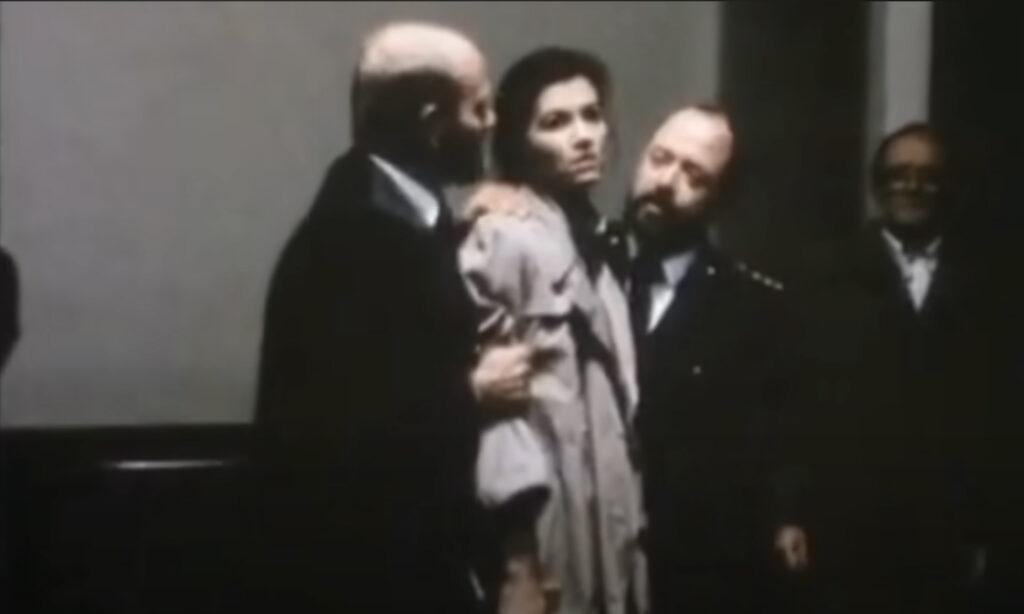
Source: Youtube
Marianne Bachmeier’s story did not end with her release from prison. Her actions continued to provoke debate long after the courtroom fell silent. Dubbed Germany’s “Revenge Mother,” she became a symbol of both the limits of legal justice and the lengths to which a mother’s love can drive her.
In 2022, interest in Marianne’s story was reignited when a recreation of the courtroom shooting appeared on YouTube. The video sparked renewed discussions about her actions, with some viewers expressing admiration for her bravery, while others questioned the ethics of her deed. Comments like “Feminine rage” and “She’s a hero” flooded social media, showcasing the enduring impact of her story.
Behind the sensational headlines and public debates lies the heartbreaking reality of Marianne’s grief. Losing a child is every parent’s worst nightmare, and Marianne’s actions, though extreme, were driven by a profound sense of loss. Her story serves as a stark reminder of the emotional toll that such tragedies inflict on families.
Marianne Bachmeier’s case presents a complex moral dilemma. On one hand, her actions were a clear violation of the law. On the other, they were a desperate attempt to achieve justice in a system that often feels impersonal and detached from the emotional realities of those it serves. This duality makes her story all the more compelling and continues to provoke thought and discussion.
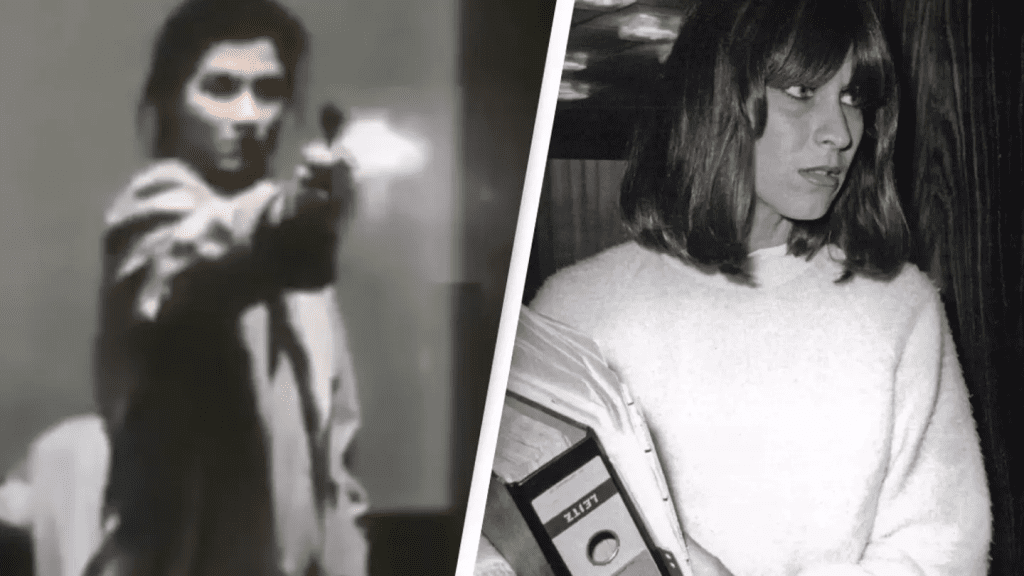
What is justice? Is it the strict application of the law, or does it also encompass the emotional and moral dimensions of a case? Marianne Bachmeier’s story challenges our understanding of justice, forcing us to consider whether the law always serves the greater good.
Vigilantism, by its nature, is a response to perceived inadequacies in the legal system. Marianne’s actions can be seen as a form of vigilante justice—a mother’s attempt to right a wrong that the law seemed ill-equipped to address. While many sympathize with her motives, her case also underscores the dangers of taking the law into one’s own hands.
Marianne Bachmeier’s case has had a lasting impact on how society views vigilantism and the role of emotions in legal proceedings. Her story has been cited in discussions about other cases where individuals took drastic measures in the name of justice, influencing both public opinion and legal discourse.
Marianne Bachmeier’s story is a powerful testament to the depths of a mother’s love and the lengths to which she will go to protect her child. It is also a cautionary tale about the dangers of taking justice into one’s own hands. As we reflect on her actions, we are reminded of the complexities of justice, the weight of grief, and the enduring question of what it truly means to be human.
